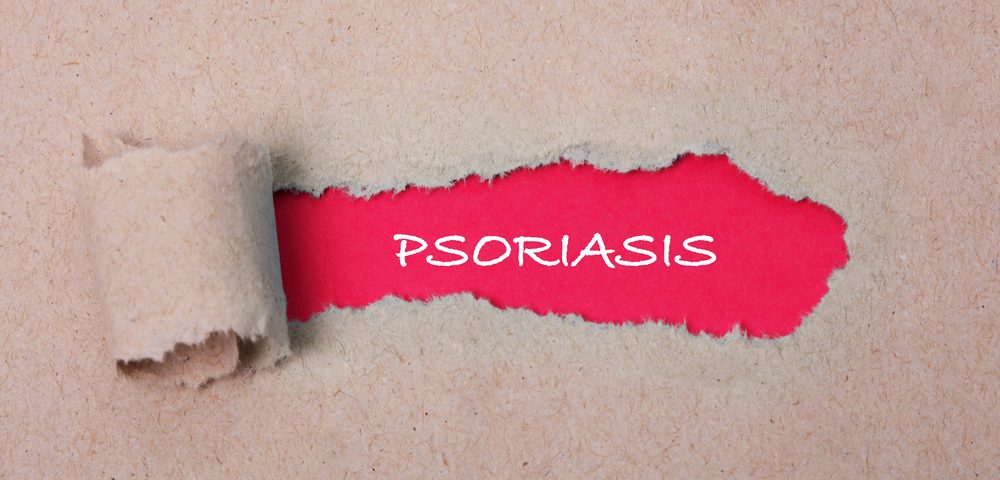Stelara (ustekinumab), an FDA-approved antibody treatment for psoriasis, may also inhibit a protein that fights the disease, according to new research.
A University of Zurich team led by Burkhard Becher conducted the study, “IL-12 Protects From Psoriasiform Skin Inflammation,” which was published in the journal Nature Communications.
The research found that Stelara actually inhibits two proteins — one that promotes psoriasis and one that fights the severe skin scaling.
Stelara is an option when psoriasis does not respond to topical treatments. It decreases the inflammation that triggers psoriasis by binding together the proteins interleukins IL-12 and IL-23.
“The research findings that have been achieved in the last 10 years show that IL-23 plays the central role in the development of psoriasis,” Becher said in a news release. “According to our results, IL-12, however, has a positive effect on the skin affected by psoriasis.”
Researchers used laboratory tests to determine the roles the proteins play in skin cells. They found that IL-23 promotes inflammation. But IL-12 decreases it by preventing pathogenic immune cells (T-cells that produce IL-17) from infiltrating the skin.
The findings suggest that Stelara may actually shut down a mechanism — IL-12 — that could decrease inflammation.
“Our experiments indicate that IL-12, unlike IL-23, has a quite positive effect in the skin affected by psoriasis,” Becher said. “Because the active substance ustekinumab, which is routinely used in treating psoriasis, neutralizes both IL-23 and IL-12, however, there should be a thorough examination of whether or not the collateral blockade of IL-12 is counterproductive.”
“New data from clinical studies support our hypothesis,” said Stefan Haak, senior author of the study, adding that “the specific inhibition of the IL-23/Il-17 axis alone would probably be a better-targeted alternative.”


